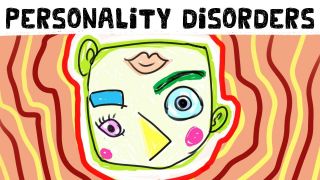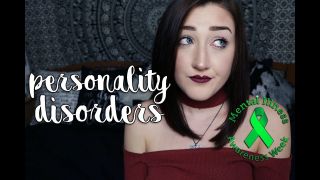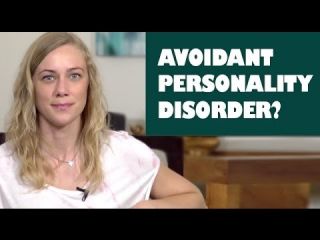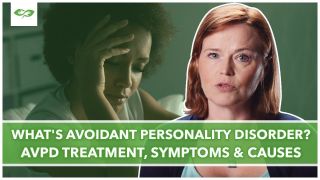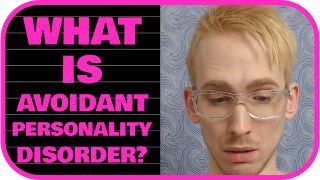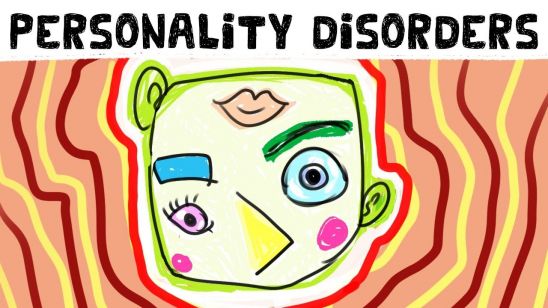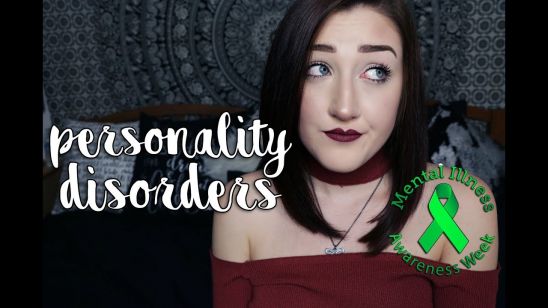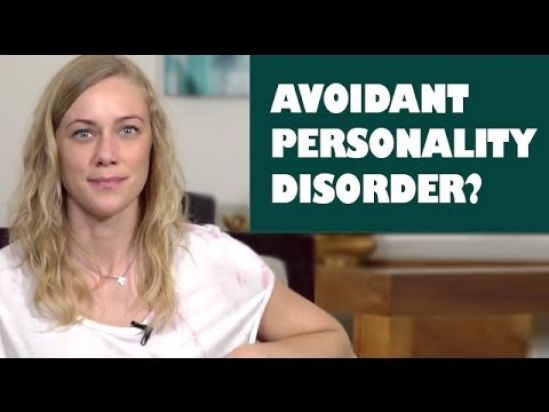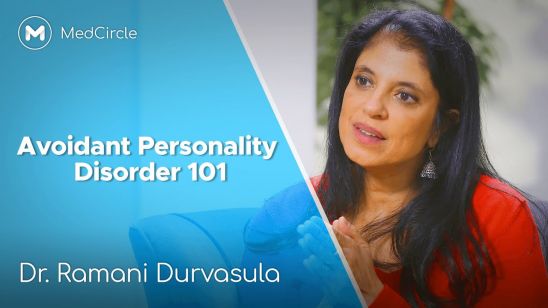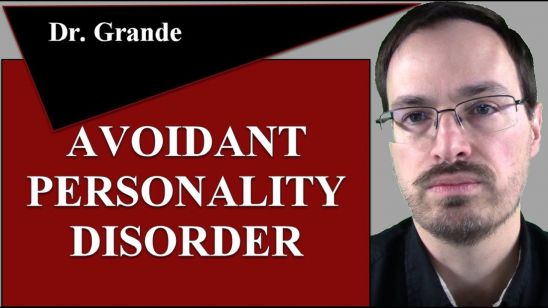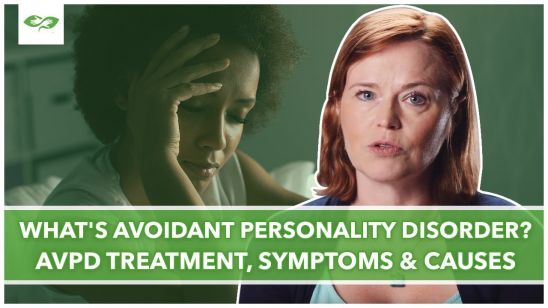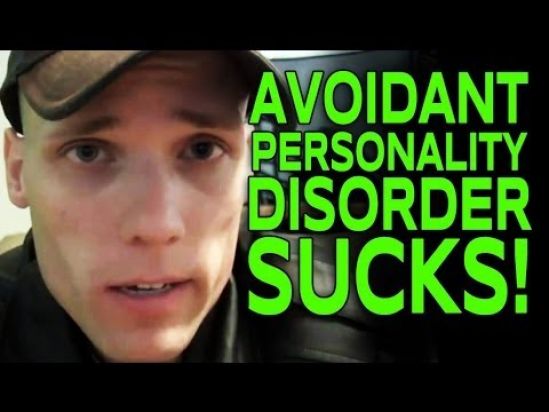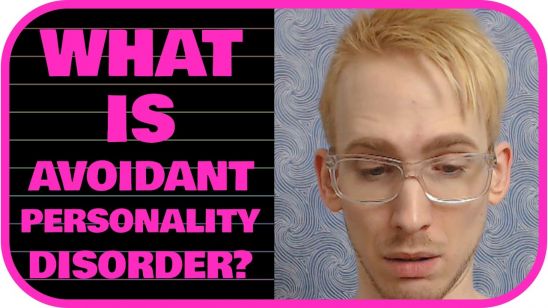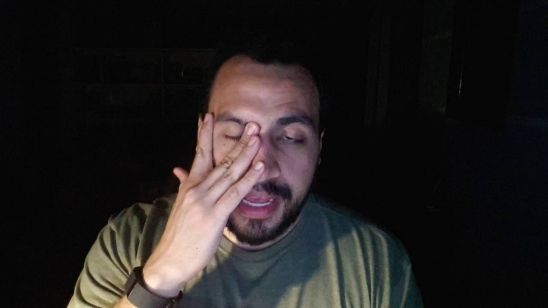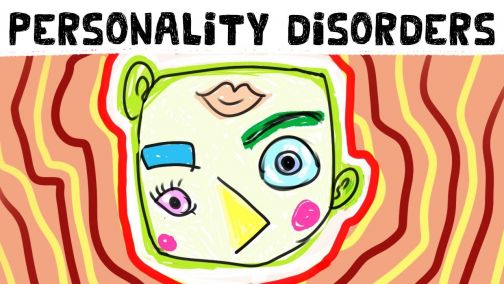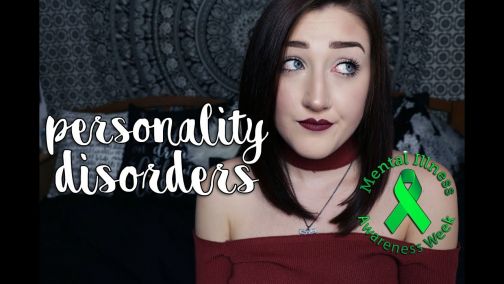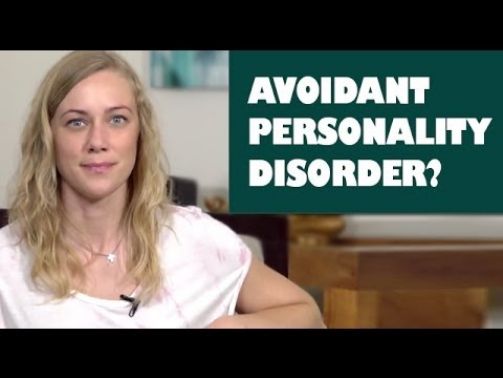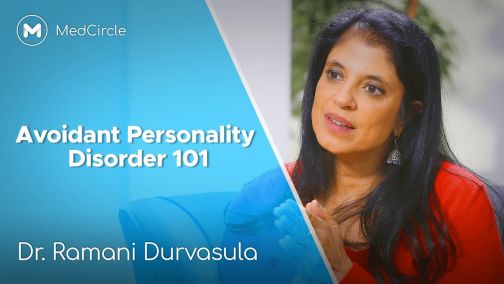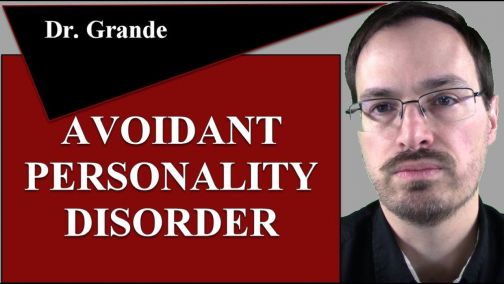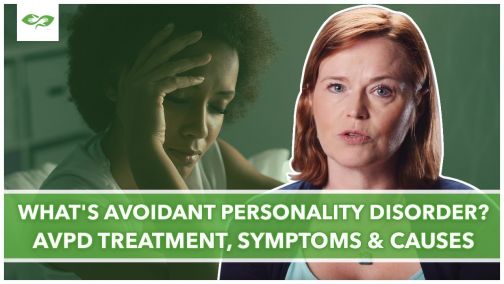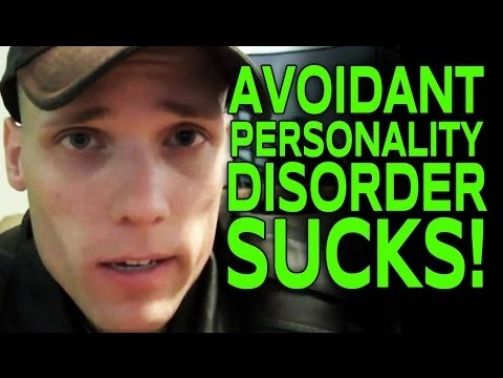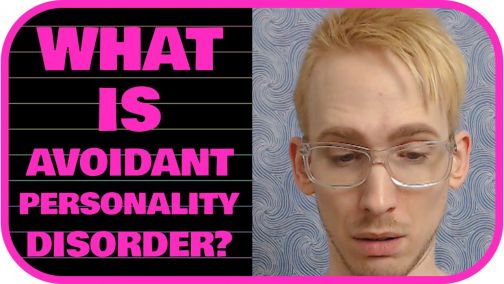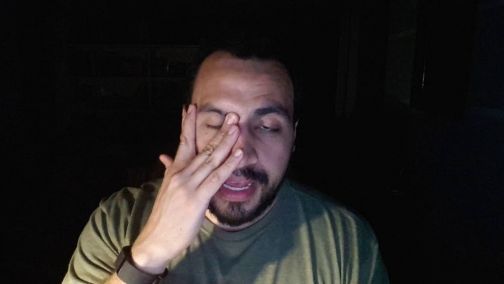Avoidant Personality Disorder
Also known as AVPD
What is it?
Personality disorders are deeply ingrained patterns of behavior that violate social norms and cause problems in interpersonal relationships. They are broken into three categories — Cluster A, B and C.
Personality disorders are previously known as axis two disorders — a group of conditions that impact a person’s function in relation to others. They are ego-syntonic, meaning a person with a personality disorder often doesn’t believe they have a problem. The disorder is consistent with their world view, perception of others and perception of themselves. They usually begin during a person's teenage years or early adulthood, and in some cases, become less obvious in middle age. It is common for people with one personality disorder to have symptoms of another.
Avoidant Personality Disorder, also called AVPD, is a Cluster C disorder. Cluster Cs are characterized by anxious or fearful behavior. People with AVPD have low self-esteem and an intense fear of rejection. Because of this, the primary coping mechanism for a person with AVPD is to avoid stimuli altogether. They may display a pattern of severe social anxiety, social inhibition, feelings of inferiority, sensitivity to rejection and criticism, and a general avoidance of interaction despite having a strong desire for intimacy.
AVPD often occurs alongside other mental health conditions including major depressive disorder, dysthymia, obsessive-compulsive disorder and other personality disorders like dependent or borderline. It’s estimated that around 2.4% of the U.S. general population has AVPD. It affects men and women equally.
What are the symptoms?
People with AVPD are very anxious and self-conscious. They’re preoccupied with their own shortcomings and terrified of being seen as weird, quiet, off-putting or boring. They tend to self-isolate and have very small social networks. Loss and social rejection are so painful for them, that they choose to be alone rather than risk getting close to others or trying new things. When put on the spot, them may stammer or struggle to respond. Many people with AVPD can’t identify positive traits in themselves and describe themselves as unwanted, lonely, different and anxious.
Primary Symptoms:
- Extreme shyness or anxiety in social situations, though the person feels a strong desire for close relationships
- Heightened attachment-related anxiety, which may include a fear of abandonment
- Substance abuse and/or dependence
Additional symptoms include:
- Avoiding activities that involved contacts with other people out of fear of criticism, disapproval or rejection
- Being unwilling to get involved with people unless they are 100% sure they like them
- Struggling with intimacy because they fear being rejected, abandoned or ridiculed
- Spending a significant amount of time worrying about being criticized
- Acts very shy or awkward in social settings
- Considers themself socially inept, unappealing or inferior
- Doesn’t try new things or go out of their way to meet new people
What are some common warning signs?
AVPD is characterized by extreme sensitivity, self-consciousness and social inhibition. Because of this, a loved one with AVPD might display noticeable symptoms at home, at work or in social settings. Pay attention to their social habits and relationships with others. Ask yourself the following questions:
- Do they act afraid when asked to meet new people or attend an event?
- Do they fear being put on the spot, and display visible signs of anxiety when asked to do so?
- Do they have panic attacks in social settings?
- Do they spend a significant amount of time obsessing over things they said?
- Do they get very sad or angry when criticised?
- Do they display physical anxiety symptoms such as sweating, shaking or stumbling over their words?
- Do they refuse career opportunities out of fear of being judged for taking them?
- Do they take a lot of convincing to accept compliments or consider them as sincere?
None of these behaviors confirm a AVPD diagnosis, but they do hint at one. If you feel comfortable doing so, talk to your loved one about this behavior and why you’re concerned. Keep in mind that symptoms aren’t always obvious. People battling chronic mental health conditions often learn to hide their pain from others. It’s possible to appear outwardly fine, while facing mental difficulties in secrecy.
What causes AVPD?
The exact causes of AVPD are unknown. Doctors believe a range of factors play a role in its development, including being genetically predisposed (i.e. other family members struggle with AVPD or intense shyness), being raised by parents who were overly critical, or experiencing childhood emotional neglect.
How is it treated?
The primary treatment method for all personality disorders, AVPD included, is psychotherapy (aka talk therapy). Cognitive Behavioral Therapy (CBT) is commonly recommended. Additional options include Psychodynamic psychotherapy and group therapy.
Other techniques, such as social skills training or exposure treatment (a type of CBT) may help patients challenge their negative self-image and become more comfortable in social settings. A key component of keeping them in these programs, is gaining their trust. It’s common for people with AVPD to avoid therapy if they distrust their therapist or begin fearing rejection.
Medications are not commonly used to treat personality disorders. However, given that anxiety is a cornerstone of AVPD, antidepressants such as SSRIs or SNRIs, and anti-anxiety medications (aka Benzodiazepines), may be recommended.
Unlike people with other personality disorders, people with AVPD often want to minimize the distress caused by their condition. They desire healthier social habits and stronger relationships.
It’s important to remember that treatment plans are personalized. If you’re seeking help, make sure you work one-on-one with a doctor to create a plan that fits your needs. Just because a medication or therapy helps someone else recover, doesn’t mean it’ll be the right solution for you. Don’t ever feel guilty about asking for help, taking meds or going to therapy. Addressing your mental health is a productive and courageous thing to do.
How can I help a loved one with AVPD?
Caring for someone with AVPD is not easy. They may be extremely sensitive to your concerns and prone to self-isolation. It’s important to remember that their insecurities have nothing to do with who you are or how much they care about you.
It can also be hard to know how to support them. Do they want to talk about their behavior? Will they push you away if you try to help? There are no easy answers to these questions. Every person handles their mental health differently. That said, we all want to feel loved and supported. Showing someone that you’re invested in their wellbeing can make a world of difference.
Here are some ways to do so:
- Educate yourself: Read up on symptoms, treatment options, and healthy living recommendations. Try and understand what your loved one is going through so you are better equipped to talk to them about it. This will also make you a valuable resource when it comes time to find treatment.
- Advocate treatment: Asking for help can be hard. Societal stigma often keeps people from opening up to others about their symptoms. Support your loved one by helping them research different treatment methods, or doctors in their area. If they’d like, go to a few sessions with them. Remind them that there’s nothing weird about getting help, and that you’re proud of them for following through.
- Tell them you care: Let them know that you love them and are there for them. Compliment them when they look good or do something well. People with AVPD are often self-conscious and insecure. These acknowledgements will be reassuring.
- Set boundaries: You want to be understanding of their symptoms, but that doesn’t mean you have to put up with everything. Make rules for what you will and won’t tolerate. Stick to these boundaries and follow through on consequences when they’re broken.
- Be patient: Don’t take it personally if they lash out at you. They are battling something that’s very hard to overcome. Their distance has nothing to do with who you are as a person. Keep showing up for them even when it feels like it’s not helping. The act alone lets them know that they have people in their life who care.
What other resources are out there?
Want to learn more, find a doctor, join a support group or speak to a counselor? The below resources might be able to help:
- New England Personality Disorder Center
- Emotions Matter
- Crisis Text Line
- BetterHelp
- Psychology Today Directory
- American Psychiatric Association
- Medicaid Eligibility Information
- Open Path Collective
- Resources for POC, LGBTQ+ and disabled individuals
- Anxiety and Depression Association of America
- National Network of Depression Centers
- Medicine Assistance Tool
- NeedyMeds
- Erika's Lighthouse
- Anxiety Network
- Anxiety Central Forums
- National Social Anxiety Disorder Center
- International Society for the Study of Trauma & Dissociation
Support our work
We’re on a mission to change how the world perceives mental health.

